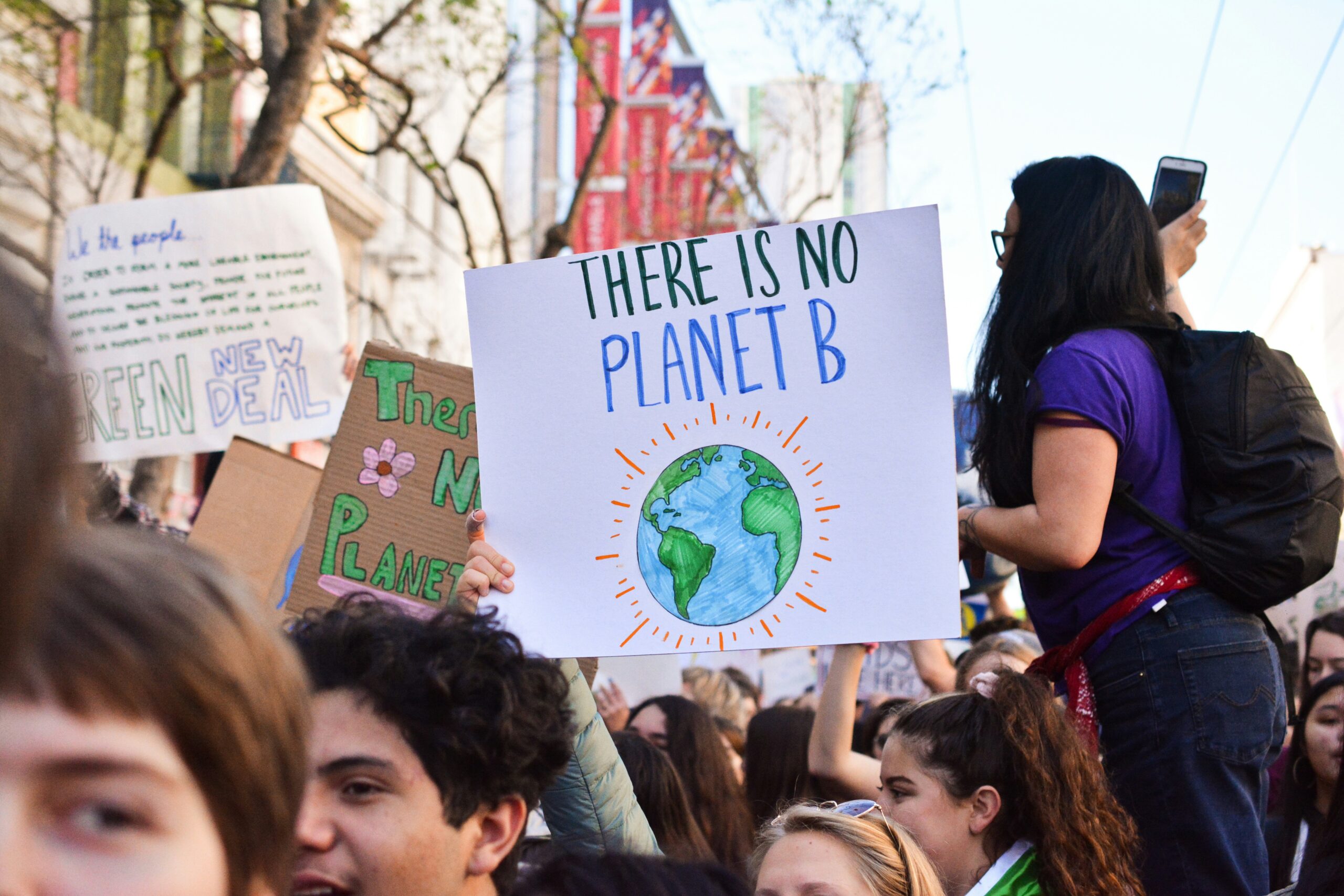The confusing path to solving San Diego’s housing
Over the last few months the Homelessness Committee has been working hard to figure out who has the answers to the homelessness crisis in San Diego. Spoiler alert: it’s complicated, and it’s technical, but it’s gripping stuff.
The committee members started by outlining what is imperative with any measure to have a significant impact on the issue. Examples of our thinking process:
- First, there needs to be substantial funds and resources dedicated to helping our homeless. We’ve been hearing a lot recently about proposals that are dedicating funds specifically for this issue – but why are they different?
- Which lead us to the new Convention Center bill proposal. The challenge with this bill is although we read everywhere that funds will be dedicated to “homelessness programs”, we couldn’t find specifics on how or what those funds will be used for. Not all responses are created equal: there’s a big difference between putting a lot of money toward creating temporary housing and hiring more workers to hose down the streets more frequently
The bottom line is that our members are ready to support an initiative only as long as it specifically outlines how the funds will be utilized and can demonstrate a legitimate impact on getting our city’s homeless off the streets.
During one of our committee meetings, I perked up when we started going over a proposed $900,000,000 bond initiative to help solve the homelessness issue in San Diego. My first thought was: “Maybe this won’t solve the issue, but it certainly seems to be a huge step in the right direction…” $900 million is a lot of money and it would be going directly toward housing for people that need it the most.
I basically was having the same internal monologue while walking up to the press conference put on by the San Diego Housing Federation regarding their proposed housing bond. I decided to show up to learn more about this bill and share with our committee if this would be something we could confidently support as a group.
I learned that this bill would provide the foundation for the development of 7,500 homes in San Diego
- 2,500 homes for chronically homeless persons currently living on the streets
- 2,500 homes for veterans, seniors and disabled persons currently at risk of homelessness
- 2,500 affordable homes for hard-working low-income families with children
The San Diego Housing Federation also referenced their recent report which concluded San Diego has a shortage of 136,000 affordable homes.
So, for $900 million we will only be able to help less than 2% of the hard-working families that desperately need affordable housing. Sure, families that need affordable housing aren’t necessarily homeless, but there is no doubt this is a driving factor.
After the press conference we invited Steve Russel, the Executive Director of the San Diego Housing Federation, to our next committee meeting. We desperately wanted to get to the bottom of whether this is a good measure to support or not. And if it’s not worth supporting, then where would we turn? There are alliances, federations, proposals and groups in San Diego all designed to help combat this homelessness issue, but when we actually read through their information and missions, they all lack substance.
We know good marketing when we see it. After all, we’re a business association…
We met with Steve, who was supposed to talk to us about the proposal for the first 20 minutes of our meeting. An hour and fifteen minutes later went by in an instant and we had to call the meeting. We learned a lot and left that day feeling much closer to a promising solution that we
could stand behind. But we could have spent hours dissecting the issue, the proposal and the possible solutions. It’s easy to want to stand for what is right, but there is no black and white here.
I’m no rocket scientist, but I guess if there were a clear answer, the issue would have been solved a long time ago.
This issue is as complex as it can get. The silver lining is that the more we learn, the more reason we find to dig into the technical sides of homelessness initiatives, make a stand and support the one that’s likely to drive the most positive change for our community.
